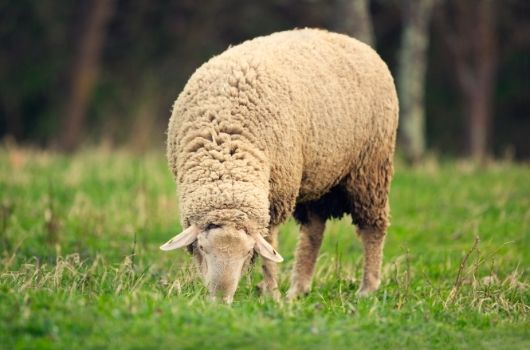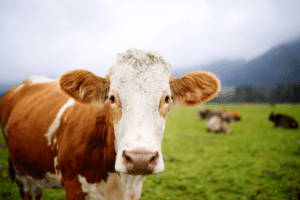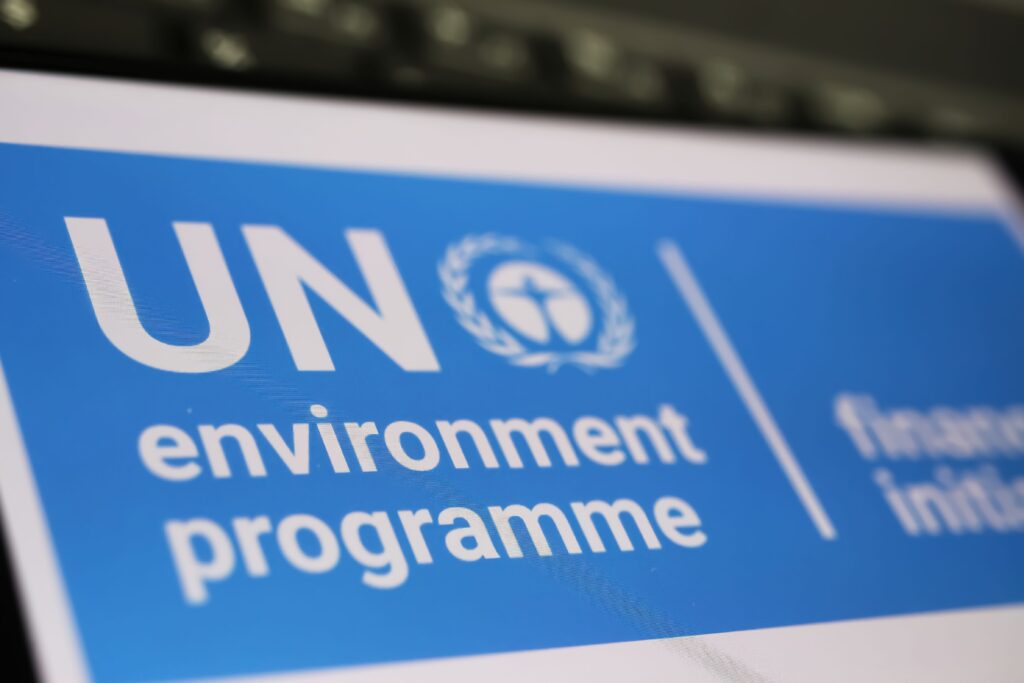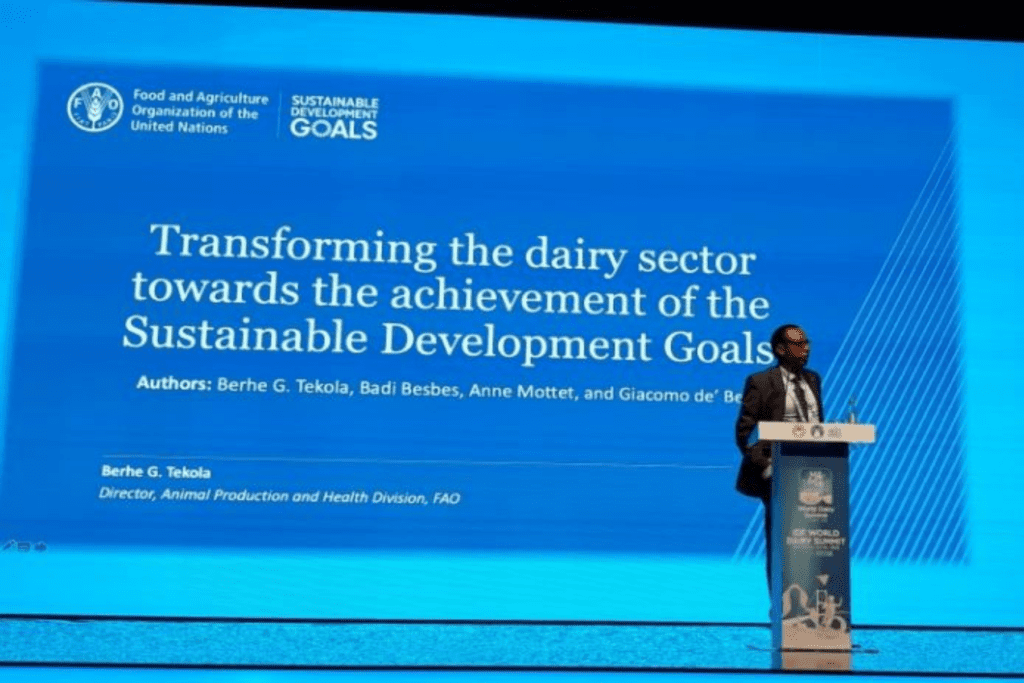Share this page
Ecosystem services
Ecosystem services may be defined as the benefits to humans from nature or, direct and indirect contributions of ecosystems to human wellbeing.

Ecosystem services, a concept which is used more and more by global institutions, national governments, and NGOs, have been defined as the benefits to humans from nature or, direct and indirect contributions of ecosystems to human wellbeing.
- Examples of ecosystem services include products such as food and water, regulation of floods, soil erosion and disease outbreaks, and non-material benefits such as recreational and spiritual benefits in natural areas.
- The term ‘services’ is usually used to encompass the tangible and intangible benefits that humans obtain from ecosystems.
- Some ecosystem services involve the direct provision of material and non-material goods to people and depend on the presence of species of plants and animals, for example, food, timber, and medicines.
- Other ecosystem services arise directly or indirectly from the functioning of ecosystem processes
- For example, the service of formation of soils and soil fertility that sustains crop and livestock production depends on the ecosystem processes of decomposition and nutrient cycling by soil micro-organisms.
How does dairy contribute?
Many important agricultural ecosystem services are related to dairy production. This includes activities such as such as the adjustment of grazing pressure to improve carbon sequestration and build topsoil. Furthermore, there is significant potential for the dairy sector to enhance and communicate ecosystem services.

Establishing a common view on ecosystem services
The goal of the dairy sector is to drive continuous improvement and deliver for healthy people and a healthy planet, and environmental concerns are at the top of IDF priorities, through scientific research and a close collaboration with various stakeholders worldwide.
IDF ‘s network of global experts is currently working on the establishment of a common view on ecosystem services, and will gather information about the uniqueness of dairy production
Learn more about environment
The breadth of issues IDF covers in its work is extensive. Find out more about the work we do
Life cycle assessment of the dairy sector
Calculating the environment impact of dairy through environmental life cycle assessments.
Read MoreLife cycle assessment updates
Calculating the environment impact of dairy through environmental life cycle assessments.
Read MoreInnovative solutions for sustainable dairy processing
Providing a comprehensive overview of eco-friendly & innovative dairy wastewater treatments.
Read MoreRelated reports & publications
IDF provides a permanent source of authoritative scientific and other information on a whole range of topics relevant to the dairy sector.
Related news & insights
IDF provides a permanent source of authoritative scientific and other information on a whole range of topics relevant to the dairy sector.
An IDF side event on Sustainable Dairy Ecosystems will be held during the United Nations Environment Assembly in Nairobi
An IDF side event to be held during the United Nations Environment Assembly (UNEA6), aimed at exploring the diversity of contribution of ruminant....
Sustainable animal foods are necessary to the world
Despite the consensus on the substantial role of animal food such as dairy in healthy diets and sustainable food systems. Despite the strong....
Joint Statement by the International Dairy Federation (IDF) and Global Dairy Platform (GDP) for COP 29: Dairy’s Commitment to Sustainable Transformation and Climate Action
The global dairy sector reaffirms its unwavering commitment to sustainability in alignment with the UN Sustainable Development Goals (SDGs). As a....
Towards the achievement of the Sustainable Development Goals
Transforming the dairy sector “Optimising the dairy sector’s contribution to the SDGs requires careful planning, implementation and....














